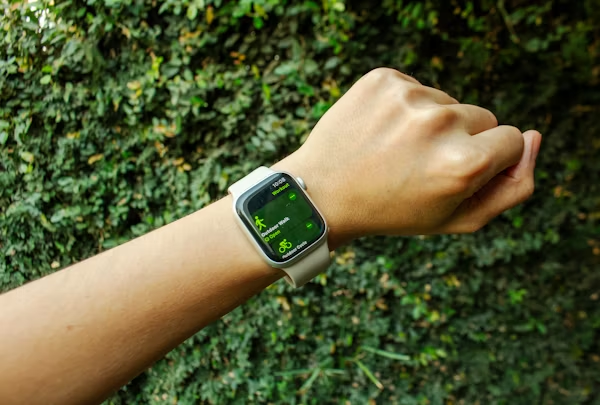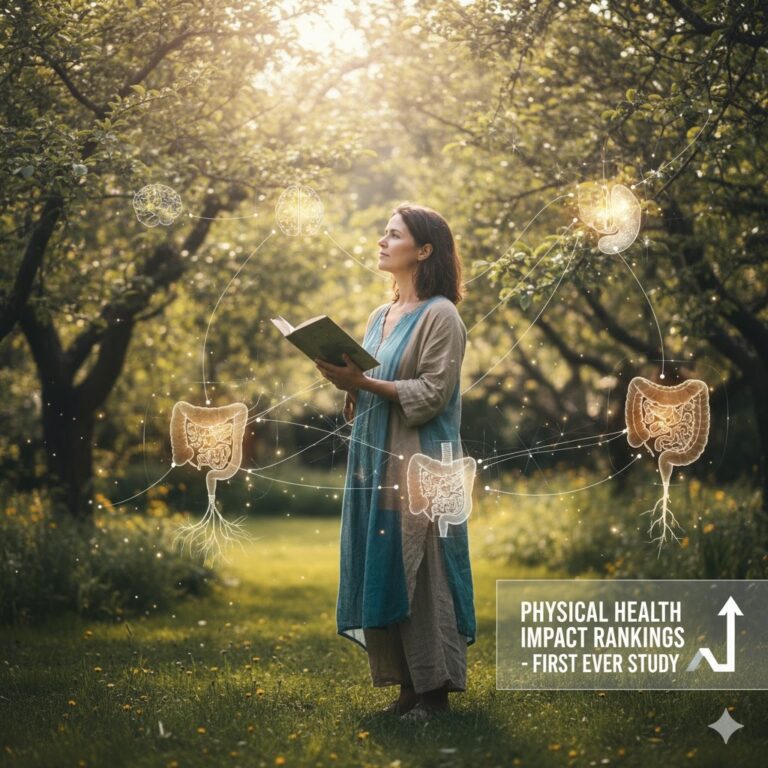
Introduction
The Connection Between Coffee and Health
Why Coffee is More Than Just a Morning Pick-Me-Up
Most of us think of coffee as fuel for groggy mornings. But it’s much more than that. Coffee is packed with powerful compounds that can benefit your overall health, especially when consumed in moderation.
A Look at Coffee’s Nutritional Components
Coffee isn’t just caffeine. It’s loaded with antioxidants, polyphenols, and essential nutrients like vitamins B2 (riboflavin), B3 (niacin), magnesium, and potassium. These components have been linked to various health benefits, including a reduced risk of several chronic diseases.
Understanding Cancer and Its Risk Factors
What Causes Cancer?
Cancer develops when abnormal cells grow uncontrollably, often due to genetic mutations triggered by environmental factors like smoking, poor diet, and exposure to carcinogens.
How Lifestyle Choices Impact Cancer Risk
Your daily habits—what you eat, how active you are, whether you smoke or drink—can either increase or decrease your cancer risk. That’s where coffee comes in as a surprising ally in cancer prevention.

How Coffee Might Reduce Cancer Risk
Antioxidants in Coffee
Coffee is one of the largest sources of antioxidants in the average diet. Antioxidants help fight free radicals—unstable molecules that can damage cells and lead to cancer.
Anti-inflammatory Properties
Chronic inflammation is a known contributor to cancer. Compounds in coffee, such as cafestol and kahweol, have anti-inflammatory effects that may reduce the risk of cancer development.
The Role of Caffeine in Cancer Prevention
Caffeine itself has been shown to inhibit the growth of cancer cells in laboratory studies. It may also promote apoptosis, the process by which the body eliminates damaged or abnormal cells.
Types of Cancers That Coffee May Help Prevent
Liver Cancer
Multiple studies indicate that coffee drinkers have a significantly lower risk of developing liver cancer. Coffee helps reduce liver inflammation and improves liver enzyme levels.
Colorectal Cancer
Drinking coffee, especially black coffee, has been associated with a reduced risk of colorectal cancer. The antioxidants in coffee may protect the colon from oxidative damage.
Breast and Prostate Cancer
Some research suggests coffee may lower the risk of hormone-related cancers like breast and prostate cancer. The anti-inflammatory effects of coffee may play a role here.

Skin Cancer
Regular coffee consumption has been linked to a lower risk of basal cell carcinoma, the most common type of skin cancer. It’s thought that caffeine helps reduce skin cell damage caused by UV exposure.
What Research Says
Key Studies Supporting Coffee’s Cancer-Fighting Abilities
Several reputable studies back up these claims. For instance, a study published in the BMJ found that drinking three to four cups of coffee a day was associated with a lower risk of multiple types of cancer.
Insights from SciTechDaily’s Report
SciTechDaily highlights comprehensive studies showing that daily coffee intake may significantly reduce cancer risk. Their reports emphasize the positive effects of coffee’s antioxidant and anti-inflammatory compounds.
How Much Coffee Should You Drink?
Recommended Daily Intake
Experts generally recommend 3 to 4 cups of coffee per day for optimal health benefits. This amount has been linked to the greatest reduction in cancer risk without significant side effects.
Possible Side Effects of Overconsumption
Too much coffee can lead to restlessness, insomnia, digestive issues, and even increased heart rate. Moderation is key to enjoying its benefits without the downsides.
The Best Types of Coffee for Health Benefits
Filtered vs. Unfiltered Coffee
Filtered coffee is often healthier because it removes cafestol, a compound that can raise cholesterol levels. Unfiltered coffee, like French press or espresso, retains more of the beneficial compounds but may also increase cholesterol.
Organic and Fair-Trade Options
Choosing organic coffee ensures you’re not consuming harmful pesticides. Fair-trade options are not only ethical but often of higher quality, providing better health benefits.
Tips to Maximize Coffee’s Health Benefits
Ditch the Sugar and Cream
Adding loads of sugar and cream can cancel out coffee’s health benefits. Stick with black coffee or use plant-based milk and natural sweeteners in moderation.
Timing Your Coffee Intake
Drinking coffee first thing in the morning may spike cortisol levels unnecessarily. Mid-morning or early afternoon is usually the best time for a healthful boost.
Stay Hydrated
Coffee has a mild diuretic effect, so it’s important to drink plenty of water throughout the day to stay hydrated.
Myths and Misconceptions About Coffee
Does Coffee Really Dehydrate You?
Not really. While coffee is a diuretic, moderate consumption doesn’t lead to dehydration in most people.
Coffee and Heart Health
Some worry about coffee and heart health, but studies show that moderate coffee consumption may actually lower the risk of heart disease in many individuals.
Coffee and a Healthy Lifestyle
Pairing Coffee with a Balanced Diet
Coffee works best as part of an overall healthy lifestyle. Pair it with a diet rich in fruits, vegetables, lean proteins, and whole grains.
Exercise and Coffee Consumption
Drinking coffee before a workout can boost performance and endurance. It may also enhance fat burning during exercise.
Who Should Avoid Coffee?
People with Certain Health Conditions
Individuals with anxiety disorders, heart rhythm issues, or gastrointestinal problems should consult their doctors before drinking coffee.
Pregnant Women and Caffeine
Pregnant women should limit their caffeine intake to about 200 milligrams per day—roughly one 12-ounce cup of coffee.
Future Research on Coffee and Cancer Prevention
What Scientists Are Exploring Next
Future research aims to uncover which specific compounds in coffee offer the greatest protection and how genetics play a role in its benefits.
Conclusion
The idea that your morning coffee could help reduce your risk of cancer is pretty amazing, right? Science shows that drinking coffee every day—especially black, filtered coffee—may lower the risk of several types of cancer. But like anything, balance is key. Enjoy your coffee as part of a healthy lifestyle, and you just might reap its full benefits.
FAQs
Can decaf coffee offer the same benefits?
Yes! Decaf coffee still contains many of the same antioxidants and anti-inflammatory compounds, although the levels may be slightly lower.
How soon do you see health benefits from daily coffee drinking?
The benefits accumulate over time. Regular daily intake over months and years is linked to lower cancer risks.
Is it better to drink coffee black for cancer prevention?
Absolutely. Black coffee maximizes the health benefits without adding unnecessary sugars or fats.
Are there risks to drinking coffee every day?
Moderate coffee consumption is generally safe for most people, but excessive intake can lead to sleep issues, anxiety, and digestive discomfort.
Can coffee replace cancer screening and other preventive measures?
No. Coffee can be a helpful addition to a healthy lifestyle, but regular screenings and check-ups are still essential for early detection and prevention. Read more








